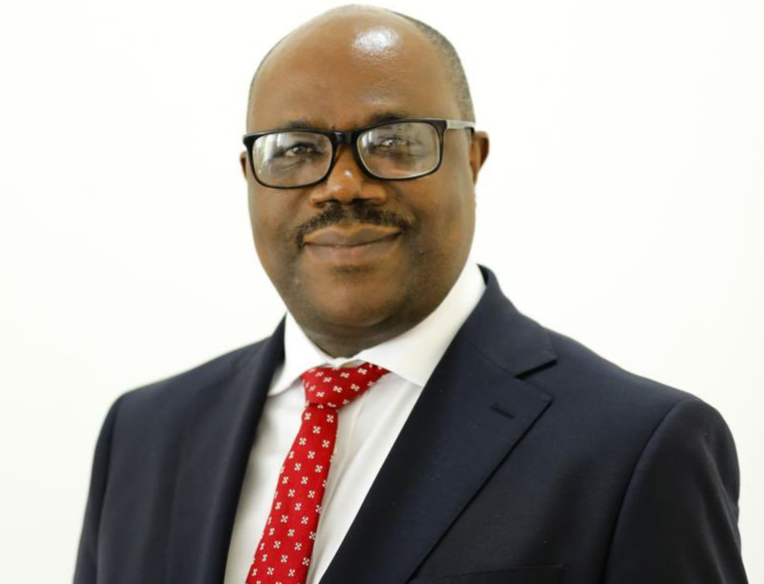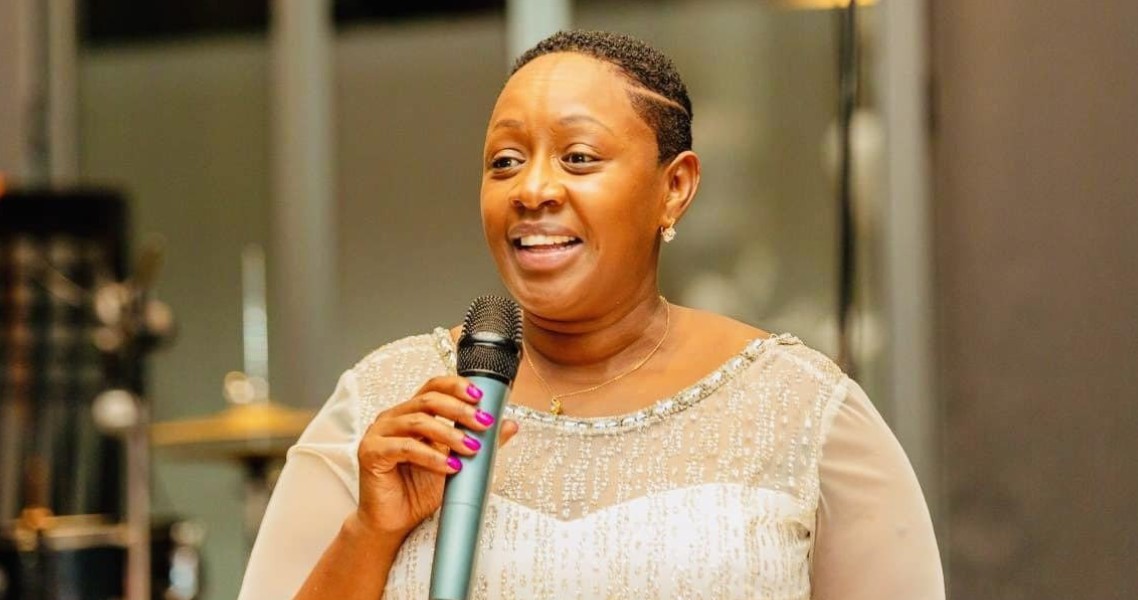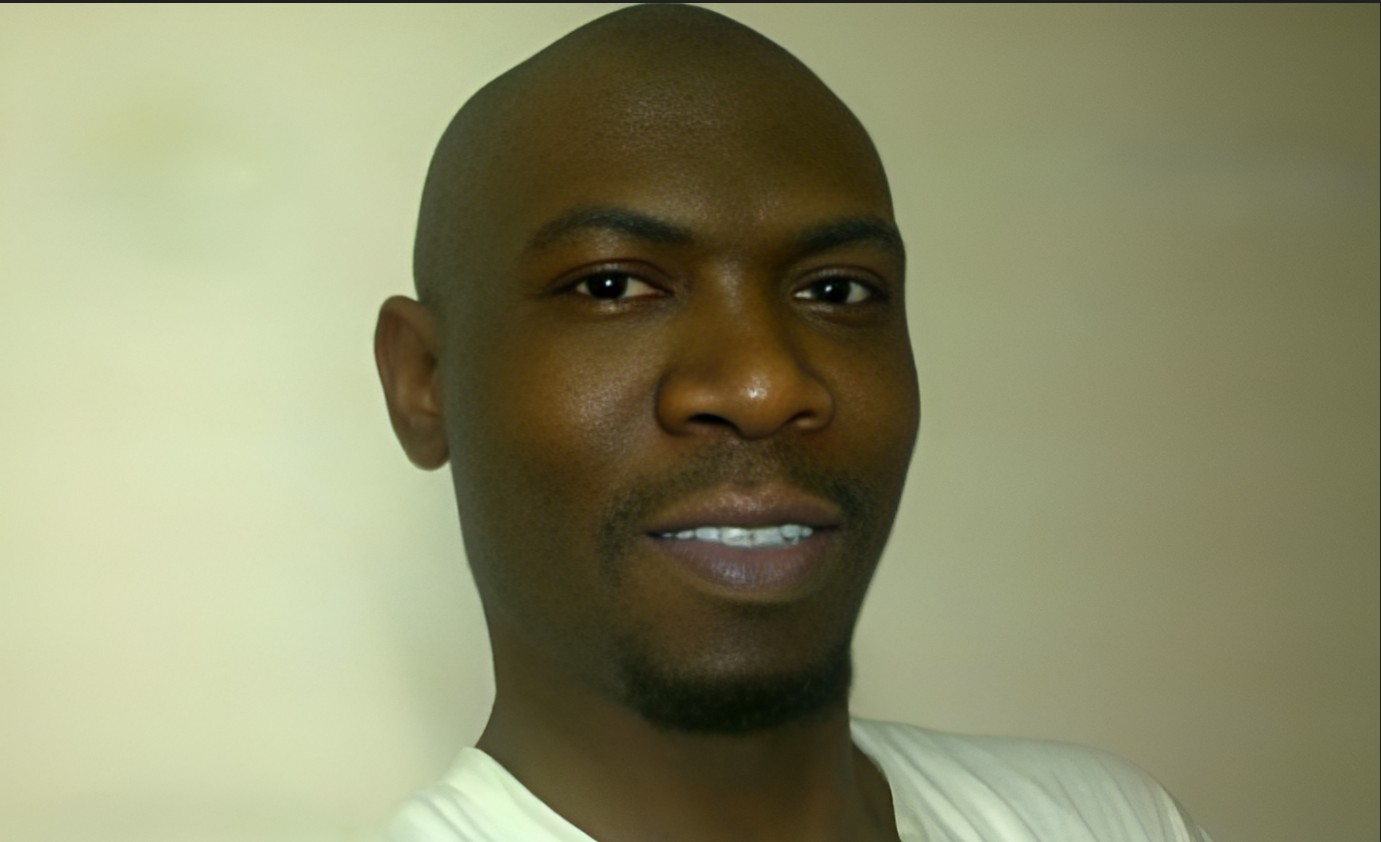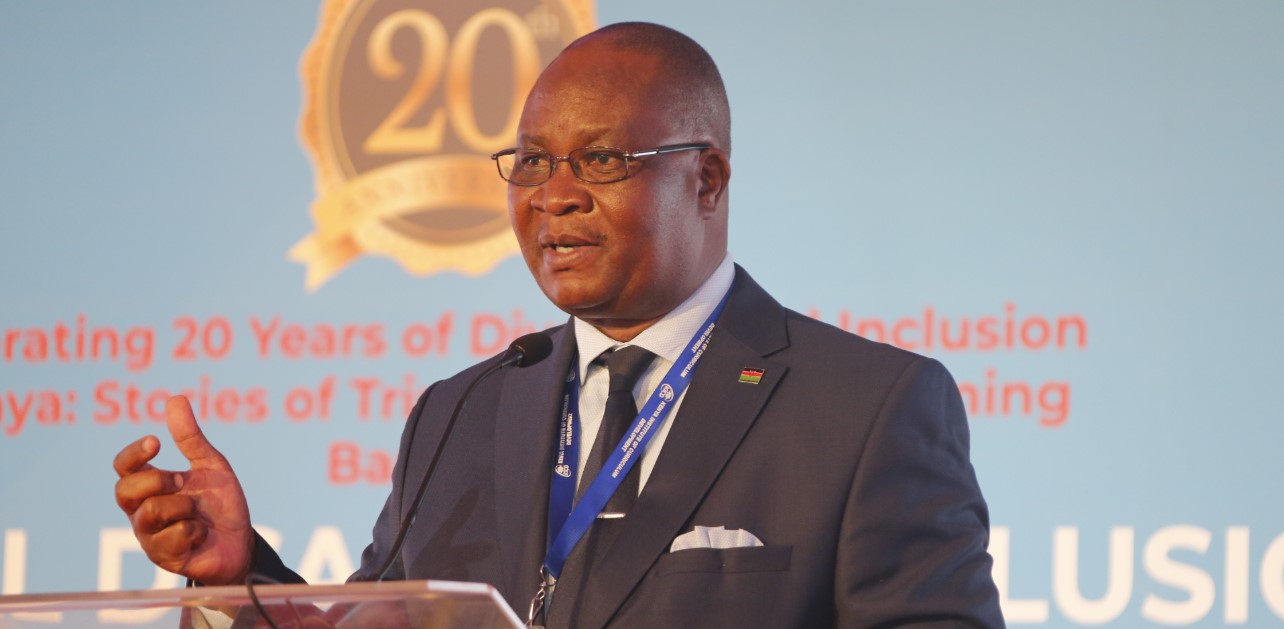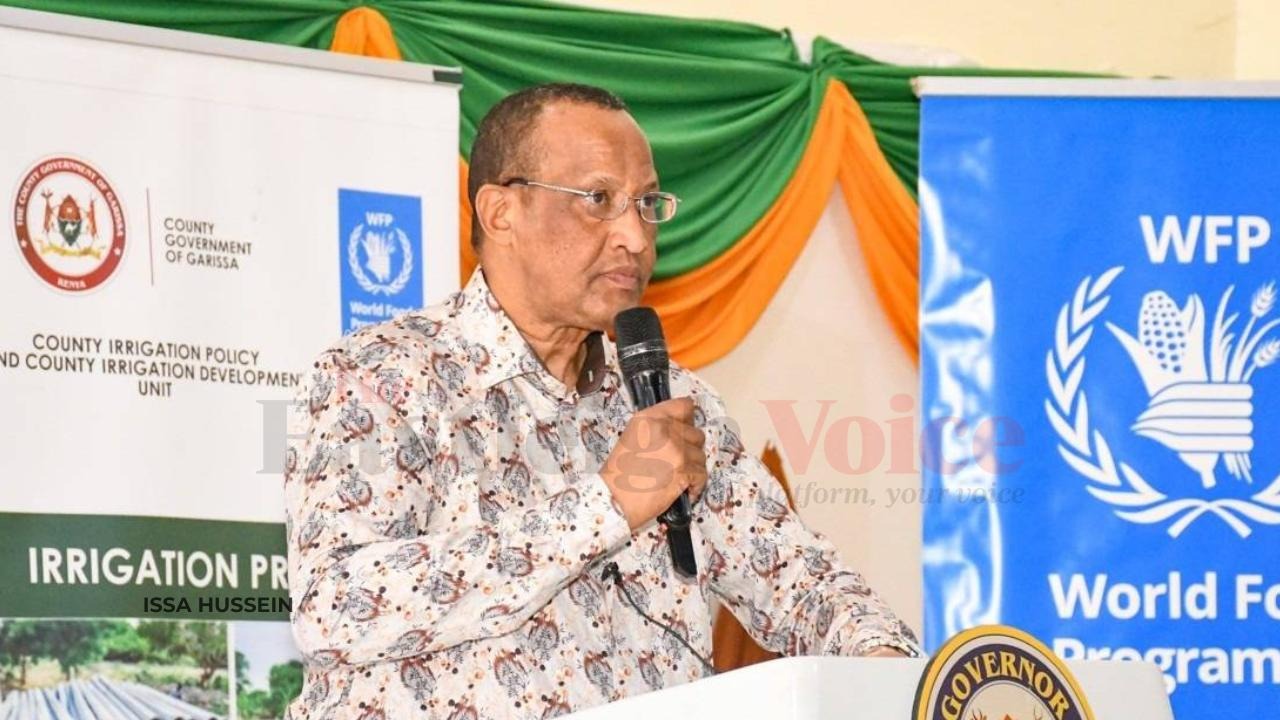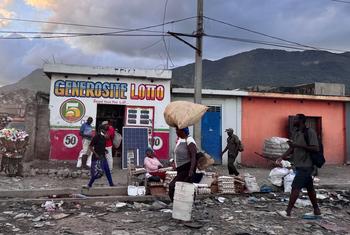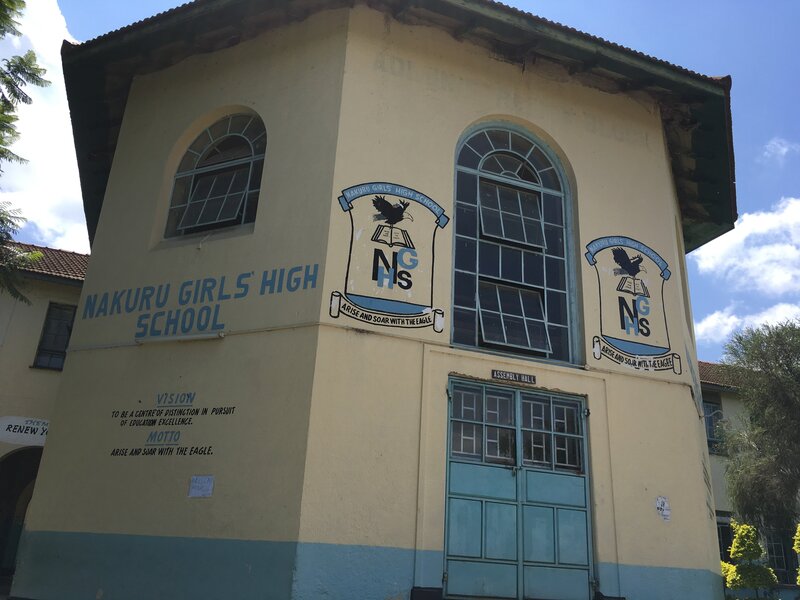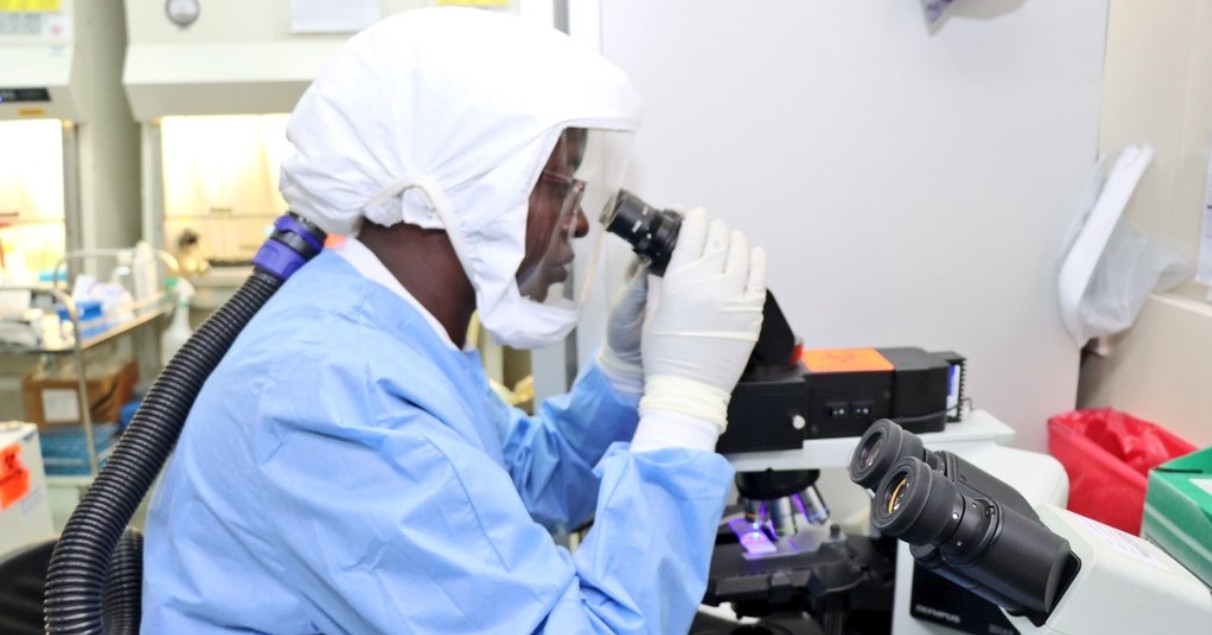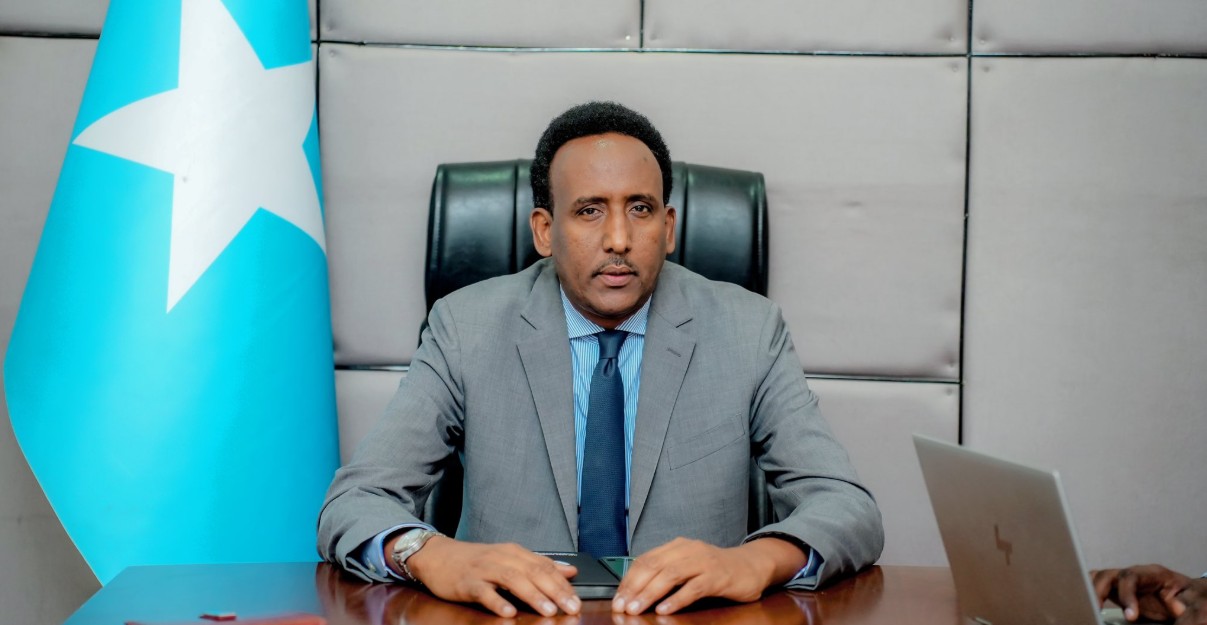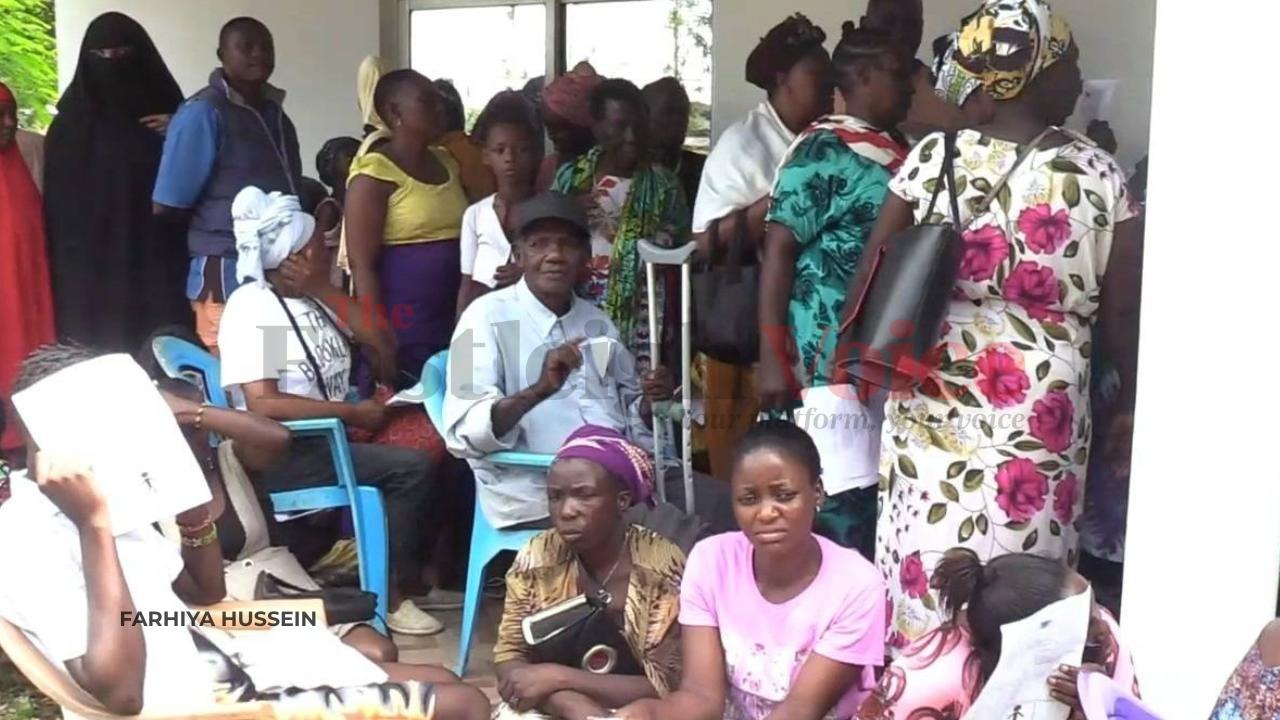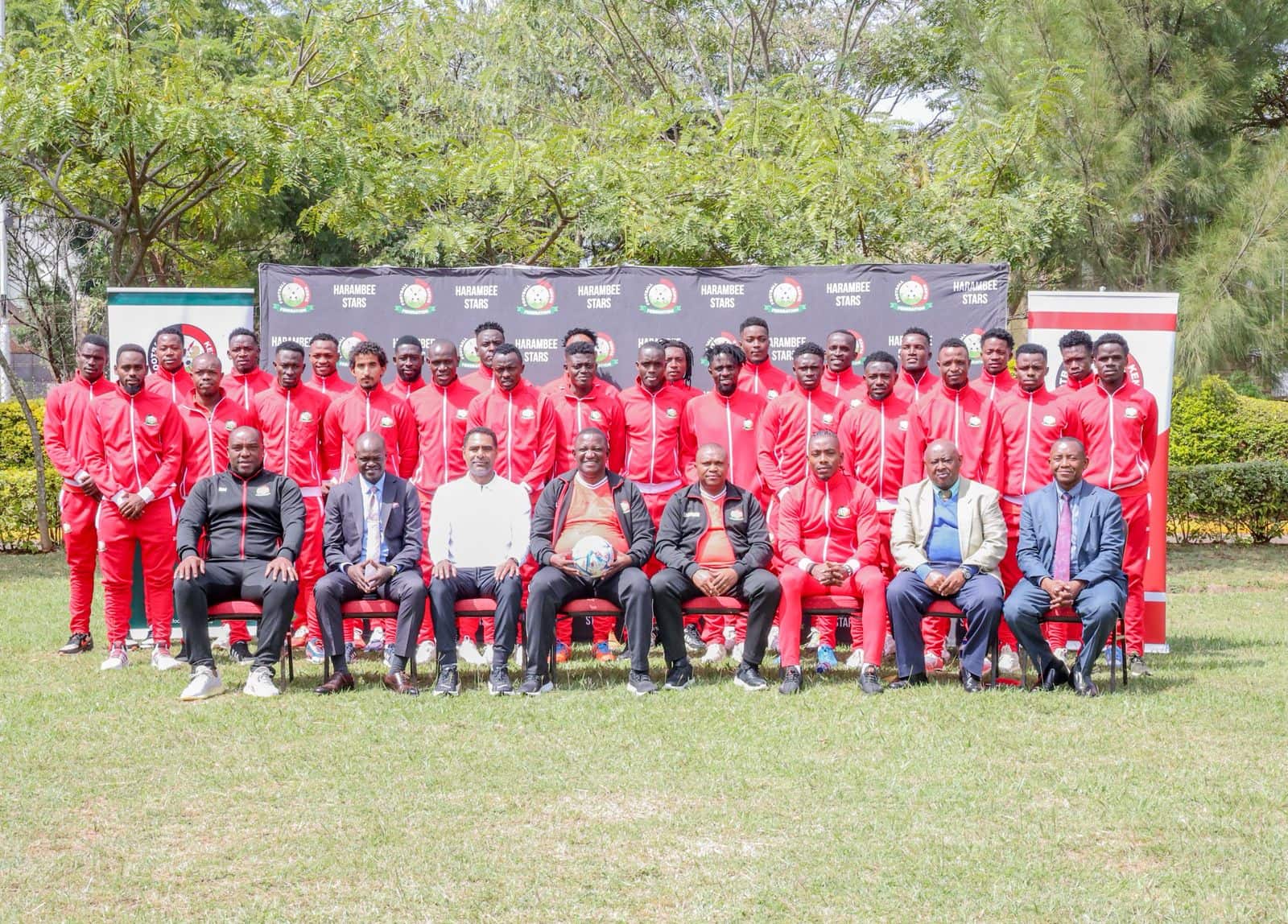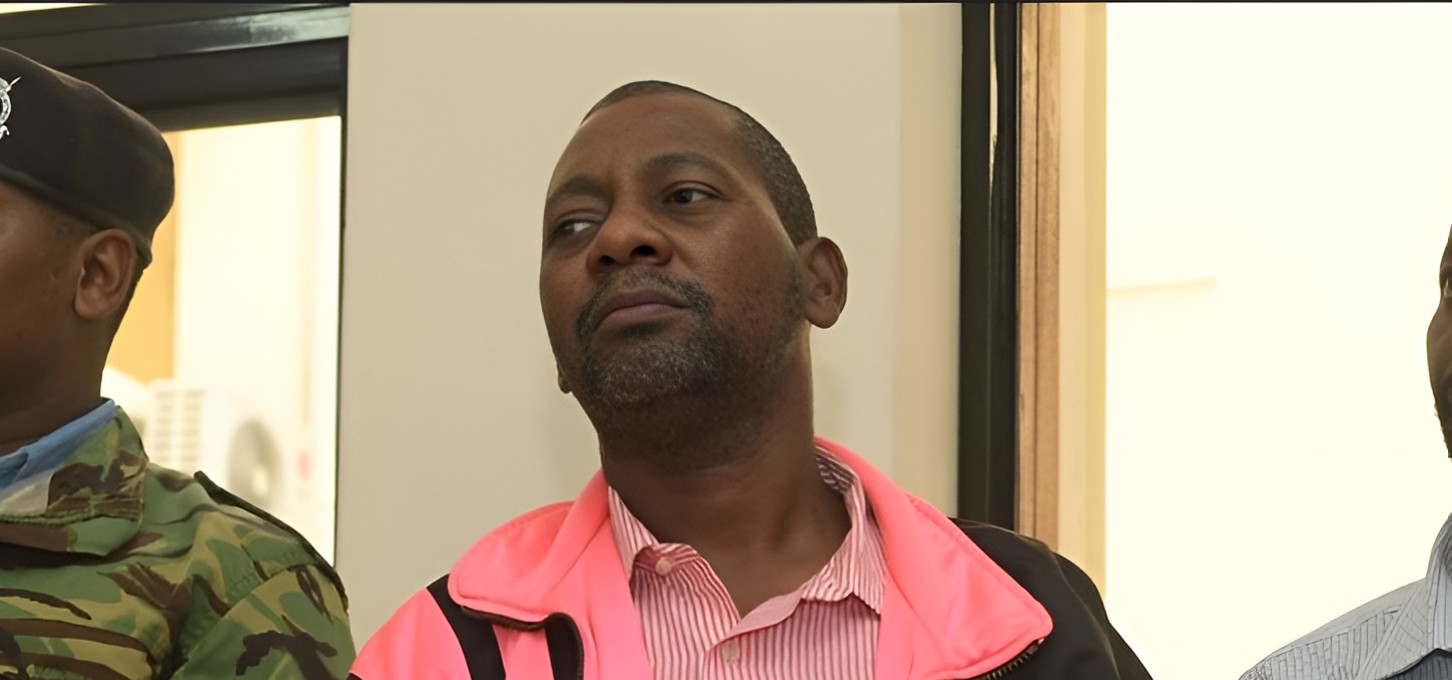Court rejects Mackenzie’s bid to remove psychologist’s report in Shakahola massacre case

The ruling marked a significant win for the prosecution in the ongoing case involving Mackenzie and 37 others accused of serious offences related to the deaths and suffering of children in Shakahola Forest.
Shakahola massacre prime suspect Paul Nthenge Mackenzie has suffered a setback after a court refused to remove a counselling psychologist’s expert report from the prosecution’s evidence.
Mackenzie, through his defence counsel, had challenged the admissibility of the report, saying that the psychologist, Dr Florence Mueni, lacked a valid licence at the time she prepared it in 2023.
More To Read
- Paul Mackenzie still influencing cult from prison as six children feared dead in ‘Shakahola Two’
- Police hunt for 16 missing people in probe into fresh cult activities in Kilifi
- Court detains 11 suspects in Malindi over suspected Shakahola forest cult activities
- Malindi police recover body, two skulls, rescue four near Shakahola Forest
- Four bodies found in Mombasa, sparking probe into their 'sudden deaths'
- Twisted faith: How Mackenzie turned scripture into death weapon for followers in Shakahola
However, Tononoka Children’s Court Principal Magistrate Nelly Chepchirchir rejected the application, stating it lacked merit.
The ruling marked a significant win for the prosecution in the ongoing case involving Mackenzie and 37 others accused of serious offences related to the deaths and suffering of children in Shakahola Forest.
Mueni, a clinical psychologist and play therapist, had compiled an expert report detailing the emotional and psychological state of some of the children rescued from the cult-like setting.
The defence had based its objection on the Counsellors and Psychologists Act, 2016, arguing that Mueni was not licensed in 2023, thus rendering the report inadmissible.
Senior Assistant Director of Public Prosecutions Jami Yamina, who is leading the case, opposed the objection, arguing that Section 48 of the Evidence Act allowed expert opinions to be admissible regardless of licensing status.
He also noted that at the time, the licensing board had not yet been fully operational, making it impossible for professionals like Mueni to renew or acquire licences.
Transitional provisions
Yamina further pointed to transitional provisions in the law which allowed practising counsellors to continue working until formal licensing was enforced.
In her ruling, Magistrate Chepchirchir upheld the validity of the psychologist’s report, allowing it to remain part of the prosecution’s evidence.
During her testimony, Mueni described the profound psychological trauma endured by the young survivors, noting their exposure to starvation, seclusion, indoctrination, and death, all of which severely affected their mental well-being.
Mackenzie and his co-accused are facing multiple charges, including child cruelty, torture, and violations of the right to education.
Meanwhile, two crime scene experts from the DCI’s Forensic Crime Scene Investigation Unit, Chief Inspector Kigen Sawe and Senior Sergeant Livingstone Lihanda, presented graphic video and photographic evidence showing the Shakahola site, including makeshift huts, fasting areas, water points, and personal belongings of Mackenzie’s followers.
The case will resume from May 28 to May 30 for further hearing.
Top Stories Today

